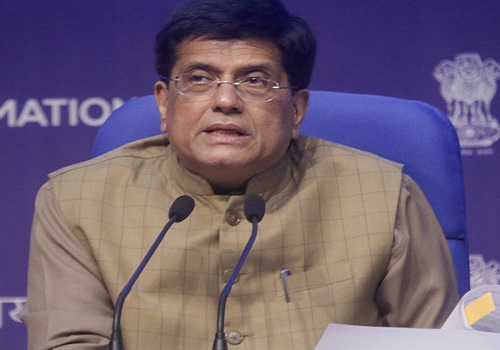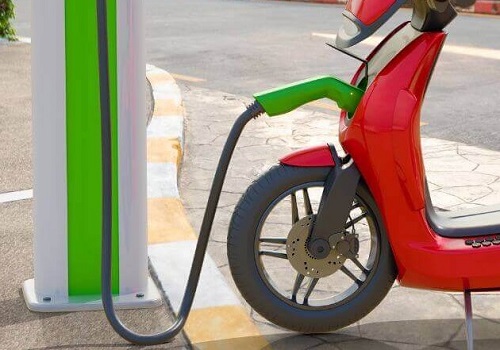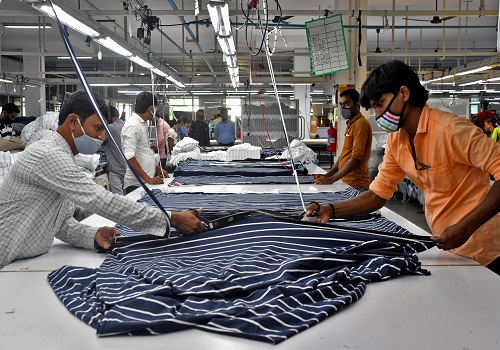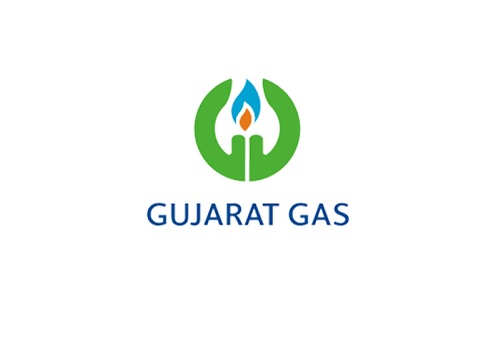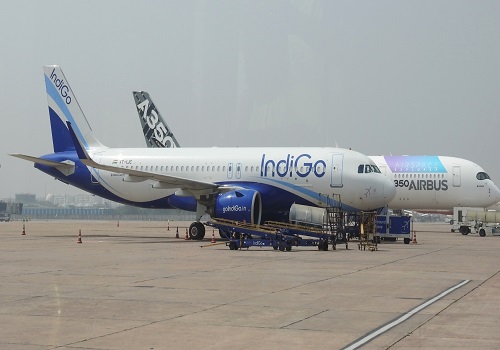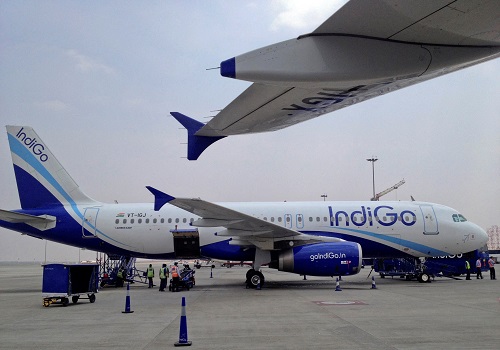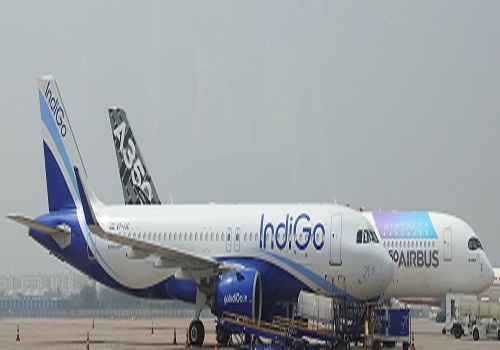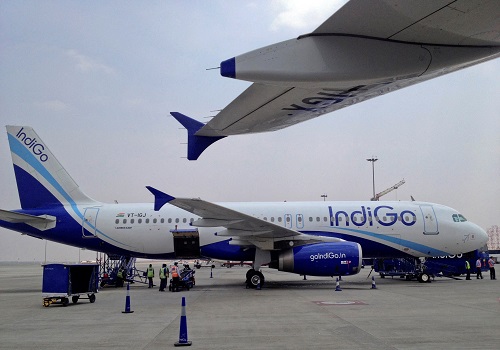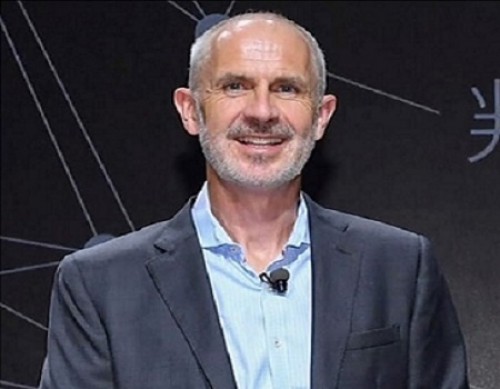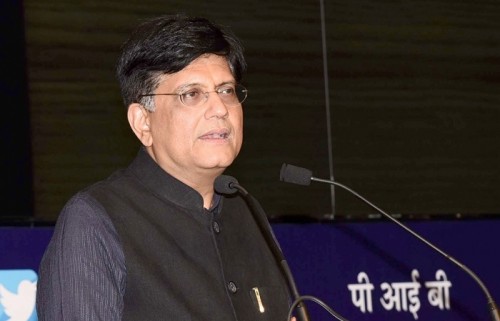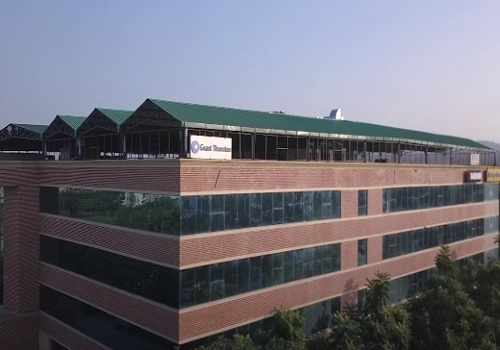'India's domestic aviation sector set to recover fully by mid-2022'
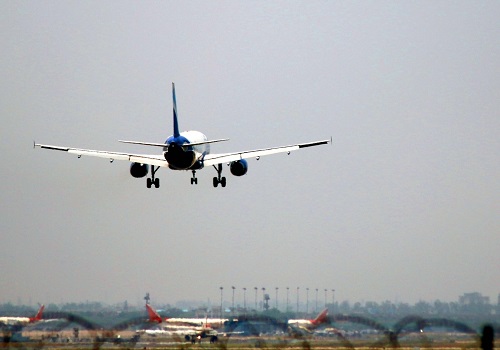
Follow us Now on Telegram ! Get daily 10 - 12 important updates on Business, Finance and Investment. Join our Telegram Channel
India's civil aviation sector is likely to rebound quickly from Covid-19 crisis even as the rising oil prices, and the war in Ukraine will have an impact on the overall aviation market, a top Airbus official said.
Remi Maillard, President and MD, Airbus India and South Asia, believes that domestic traffic in India will fully recover by the middle of the current year while international traffic will rebound by the next year.
"The Covid crisis has had a massive impact on the industry and air traffic in India. We see traffic recovering on the back of strong demand," he said and welcomed the decision of the Civil Aviation Ministry to reopen to international traffic from March 27.
Addressing a news conference where he announced the company's latest market forecast for India, Maillard believes that the outlook is promising and fundamentals of the economy are strong.
To a query about rising oil prices and the Ukraine war, he admitted the crises would have an impact. Stating that the world is facing crises from a security and defence environment standpoint, he said they were impacting and would continue to impact the aviation and aerospace industry.
"Crises which we are observing will have an impact but I am also fully convinced that aviation will remain an engine to drive the economies of all countries and will remain a powerful force to unite people," he said.
Airbus has forecast that India will require 2,210 new aircraft over the next 20 years.
"Just as the economy continues to improve, we believe traffic is going to go up here. This is going to drive the need for more aircraft. The fundamentals in general continue to improve. We are bullish where the market is going to go," said Brent McBratney, Head of Airline Marketing, Airbus India and South Asia.
The Airbus officials pointed out that India's air traffic grew by 9 per cent in the last 20 years and the country established itself as the third largest domestic market in the world. They believe India will replicate this performance in the international market in the next 20 years.
The passenger traffic in India is expected to grow at 6.2 per cent per annum by 2040, the fastest among the major economies and well above the global average of 3.9 per cent.
They see a huge potential for India in the international long-haul market out of India. Foreign carriers have captured 94 per cent of the growth in the long-haul market over the last 20 years.
Maillard believes that commercial aviation will leverage India's geographic, demographic and economic dividend to strongly deliver in the long-haul market.
According to him, the long-haul market offers major untapped opportunities to the Indian carriers. However, to tap the potential the aviation eco-system in India needs to be further developed when it comes to training, maintenance, leasing and service capabilities.
"We need to develop a competitive environment for all stakeholders across the aviation value chain," said Maillard and stressed the need for a better taxation regime and appropriate policy interventions.
He said Indian carriers need to be equipped with high technology for long-haul operations and this is where he believes the A350 can play a key role.
Airbus is displaying A350 aircraft at the airshow and it believes that this most modern and efficient aircraft will play a strategic role in transforming commercial aviation in India when it comes to the long-haul market.
The company officials pointed out that India only has 57 wide body aircraft across its airline fleet, compared to 458 in China and 686 in the US.
During the last 20 years, India's single aisle fleet multiplied by a factor of six but the wide body fleet remained stagnant.


.jpg)
